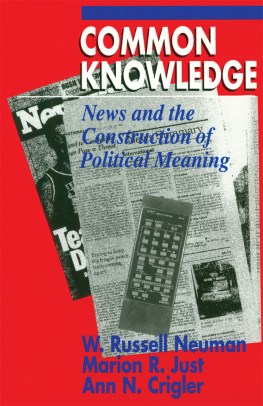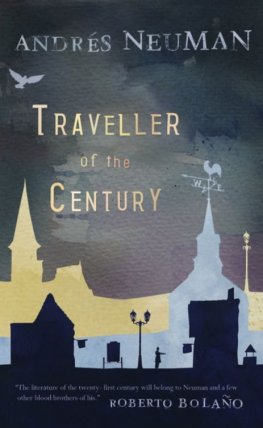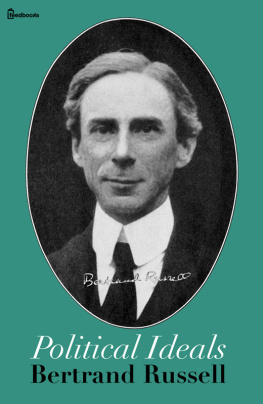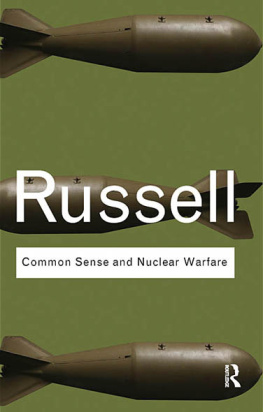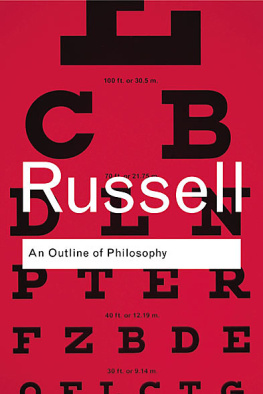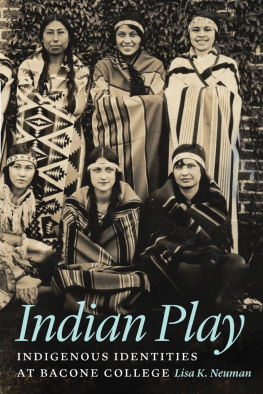The University of Chicago Press, Chicago 60637
The University of Chicago Press, Ltd., London
1992 by The University of Chicago
All rights reserved. Published 1992
Printed in the United States of America
01 00 99 98 97 96 95 94 5 4 3
ISBN 978-0-226-16117-4 (e-book)
ISBN (paper): 0-226-57440-7
Library of Congress Cataloging-in-Publication Data
Neuman, W. Russell.
Common knowledge : news and the construction of political meaning / W. Russell Neuman, Marion R. Just, Ann N. Crigler.
p. cm. (American politics and political economy series)
Includes bibliographical references and index.
1. JournalismPolitical aspectsDeveloping countries. 2. Developing countriesPolitics and government20th century. 3. Political socializationDeveloping countries. 4. Developing countriesSocial conditions20th century. I. Just, Marion R. II. Crigler, Ann N. III. Title. IV. Series: American politics and political economy.
PN5648.N38 1992
302.23'09172'4dc20
92-5992
CIP

The paper used in this publication meets the minimum requirements of the American National Standard for Information SciencesPermanence of Paper for Printed Library Materials, ANSI Z39.48-1984.
Preface
The researcher, who was sitting on a tree stump, leaned forward and asked the Turkish peasant he was interviewing a probing question: What is the first thing you would do if you were the President of Turkey? The interviewee was a young man about thirty years old, articulate but uneducated and currently unemployed. He was dumbfounded by the question. He explained to his intrigued inquisitor that he could not imagine himself in such a strange circumstance and proceeded to invoke Gods help to prevent him from ever thinking such a thought again.
This interview fragment from research on communication media and political development in the Middle East turned out to provide an important and enduring contribution to the development of political communications theory. It stimulated Daniel Lerner, the principal investigator of that project, to formulate a theory of political empathy. Empathy is defined as the ability of citizens to relate to and understand events and issues outside their own immediate life space. All the peasant knew and understood in this case study was derived from the young mans immediate surroundings and the traditional culture of his village. He knew very little national or world politics. He had no means to know. There were no radios or newspapers available and only an occasional visitor from other villages. It was simply incomprehensible for this young fellow to understand or try to influence public institutions or policies outside of his immediate life space.
Lerner, writing in the optimistic climate of the 1950s, proposed a solution to the problem of political development in the Third World. Aspiring democracies should encourage literacy programs and the development of independent institutions of mass communicationsnewspapers, magazines, radio, and television. The Third World should copy the successful model of the first. A rich information environment will stimulate citizens to participate and hold leaders to account. Healthy mass media will lead to growing political empathy. Lerners advice was enthusiastically received and soon became a central element of research and development efforts in this field.
In retrospect, these proposals and the implicit faith in the power of the media they reflect seem a bit naive. First of all, the development of democratic institutions and practices in the Third World turned out to be a much more complex and frustrating process. Second, and this is a central point we confront in this book, American social scientists need not travel to rural Turkey to confront people who feel out of touch with the critical social issues facing their country. They might do as well to sit down with their neighbors. It is the paradox of mass politics in the United States: despite a 200-year-old tradition of public participation, an intense and virtually uninterrupted barrage of video, audio, and print information on local, national, and world events, one finds a conspicuously large number of citizens with only marginal interest in and information about public affairs.
Political disengagement, of course, is not a universal characteristic of industrialized democracies. Some citizens, especially those with higher levels of education, demonstrate an awareness of and feeling of participation in world events. But in the depth interviews we have conducted in the American Northeast, we are struck by how closely the themes which arise resonate with those Lerner uncovered in the Middle East. People explain that they do not have the energy or interest to follow public affairs very closely. They are puzzled by why they should follow issues over which they have no control. Personal experiences and remembered fragments from the news and entertainment alternatively enlighten and obstruct the effort to make sense of national issues and events. Although none of our respondents invoked Gods help to keep them from imagining political alternatives, there is a persistent belief in powerful others and a sense of inexplicable events which lie beyond the comprehension and influence of the average citizen. The attempt to relate the abstractions of national political debate to ones immediate life circumstances is a complex, delicate, subtle, and often frustrating process.
In this book we report on an extensive study of how citizens come to understand and learn about events of the world around them. Lerners insight is sound as far as it goes. A rich and diverse media environment and a literate public are prerequisites to successful representative democracy. We pick up, in effect, where Lerner left off. In a media-rich environment, how do the media choose to report on and characterize the critical issues facing society? Are each of the media equally successful in communicating this information to the public at large? How do people filter, evaluate, and internalize this information as they attempt to make sense of the hubbub of conflicting comments, abstract statistics, and human interest anecdotes?
In the United States we confront one of the most technologically advanced communications infrastructures, a 100-billion-dollar industry of broadcasters and publishers. There are over 10,000 local newspapers, 10,000 national and local journals and magazines, 10,000 radio stations, 5,000 cable systems, and 1,000 television stations. The great majority of these institutions exercise their capacity to cover news and public affairs issues. Yet, somehow, the system of political communication in the United States appears to be falling far short of its potential.
Only half of those eligible bothered to vote in the 1988 presidential elections. This is part of a steady downward trend, the lowest turnout, in fact, since 1924. Participation in congressional and local elections is even lower. Well over half of the adult population assert that they have little interest in politics and agree with the proposition that government is too difficult to understand.
The premise of this book is that something is missing in the nexus between the news media and the citizenry. Traditionally, when something is amiss, one of the first tasks is to establish culpability. We believe, however, that a scholarly mission of blame-seeking is ill-conceived and ill-advised. Instead we have begun working with a new theoretical perspective in political communications which we believe offers promise to both scholarship and professional practice. The perspective is associated with the term constructionism. It will be defined in some detail in the pages ahead. Constructionism might briefly be described as a research perspective which focuses on the subtle interaction between what the mass media convey and how people come to understand the world beyond their immediate life space.
 The paper used in this publication meets the minimum requirements of the American National Standard for Information SciencesPermanence of Paper for Printed Library Materials, ANSI Z39.48-1984.
The paper used in this publication meets the minimum requirements of the American National Standard for Information SciencesPermanence of Paper for Printed Library Materials, ANSI Z39.48-1984.
